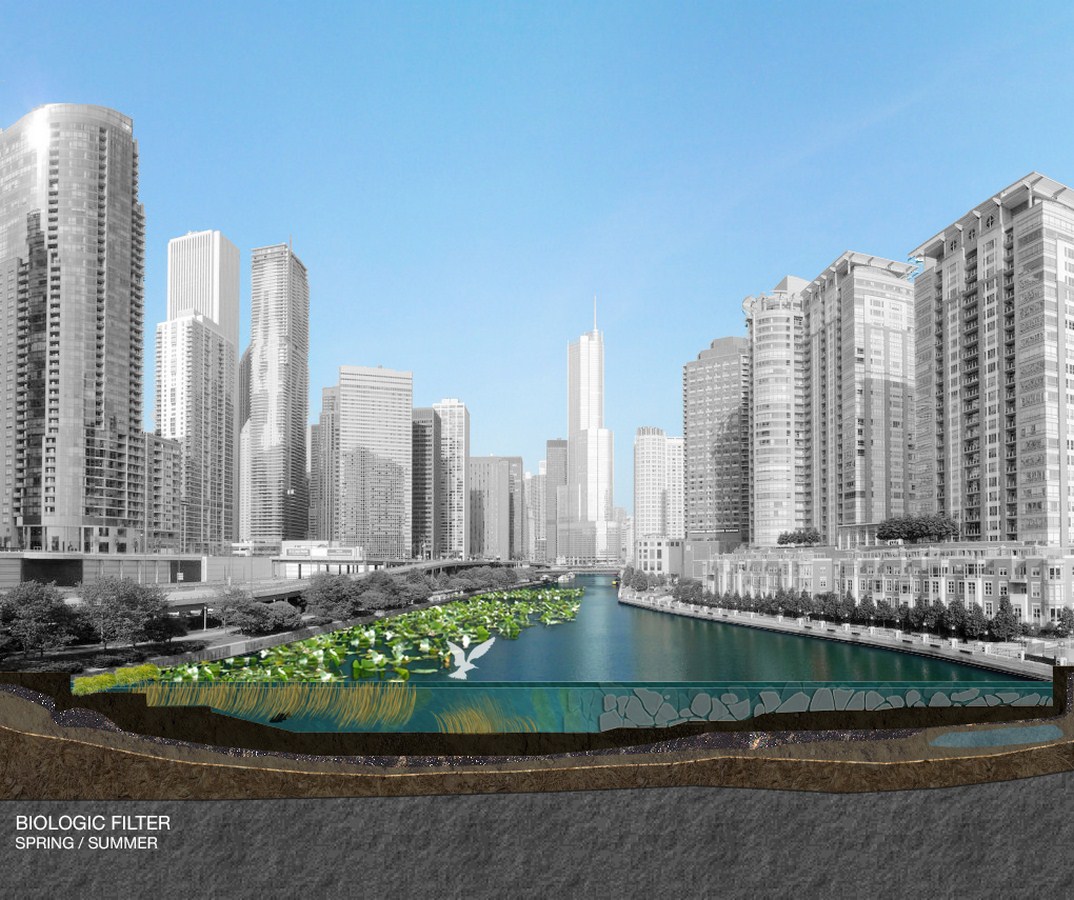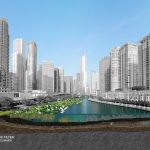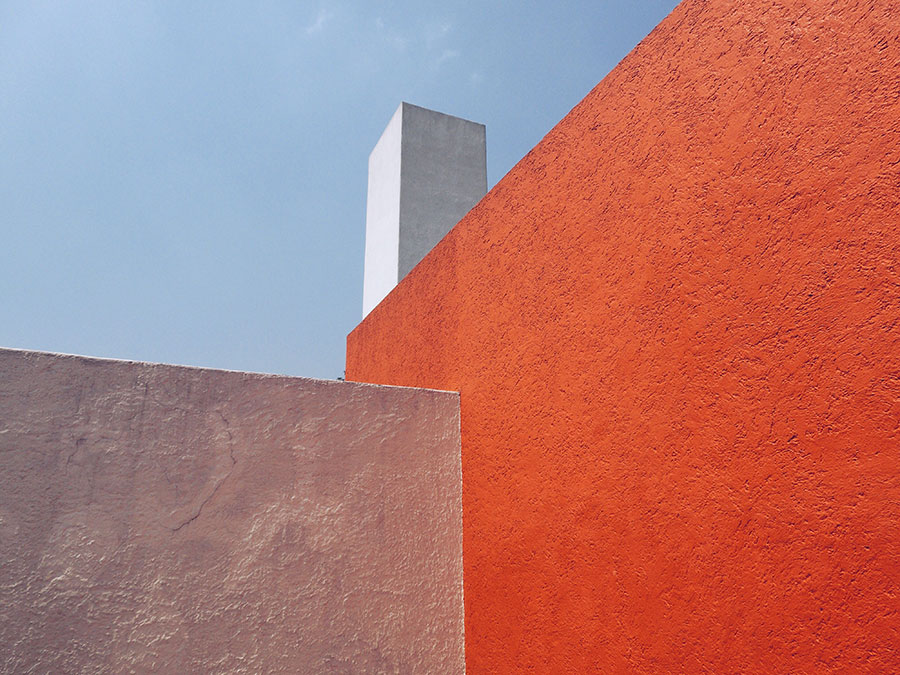Trash is a human invention. Ecology works with cycles; every residue generated by one process becomes input for another system. Environment has the resilient capacity to recover and repair degraded systems, however today we create more disturbance than the environment can manage through natural processes alone. Additionally, we are extracting more finite resources than the planet can generate. This project studies efficient ways to treat the wastes we generate in human networks before returning them to the natural environment and even get lucrative benefits from these treatment processes.
Architect: Cristhy Mattos
University: Sustainable Urban Environment at Northeastern University
Country: Boston

I focused this project on the City of Chicago’s Sanitary and Ship Canal, which was inaugurated in 1900. At this time they reversed the existing river flow to preserve drinkable water from Lake Michigan. This urban intervention was intended to prevent disease in the city and sent the sewer first to water reclamation after which it was released into the river. This infrastructure devastated river wildlife, and negatively impacted cities further downstream that received polluted water. Today, this same infrastructure remains a barrier between people and river, which still suffers from poor water quality.
In response to this problem, which is a common dilemma for many large cities, I have studied designs to convert this infrastructure into biodigestor stations, which allow the system to generate bio-gas that could account for more than 20% of the city’s gas consumption. Such a system reduces gas extraction, adds a water filtration plant to the river, and returns the river to its original direction, which also re-introduces public access to the river.

Cristhy Mattos
Cristhy Mattos is a Sustainable Urban Designer and Architect, Ecologist and visual Artist. Mattos applies her knowledge on how to integrate visual art and low human impacts practices inside the cities, creating harmonic sceneries between people and environment, fostering a better quality of life. Currently lives in Boston, where she’s pursuing a master’s degree in Sustainable Urban Environment at Northeastern University.

















